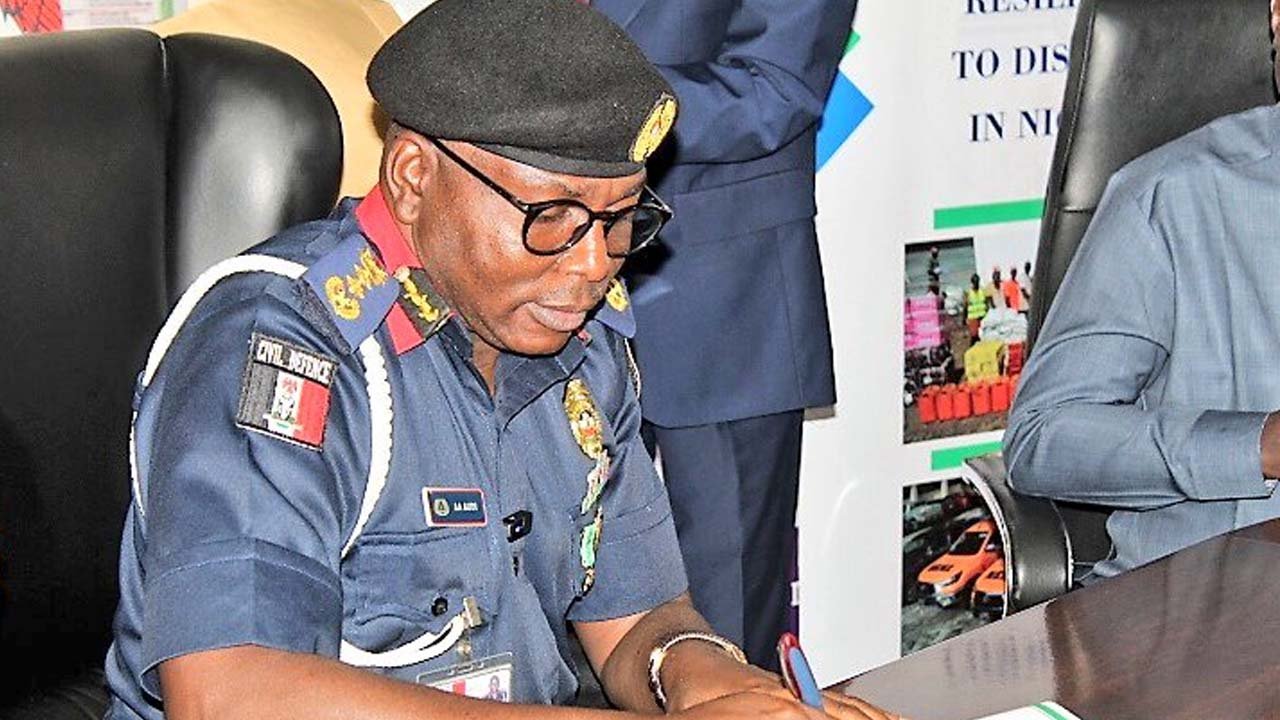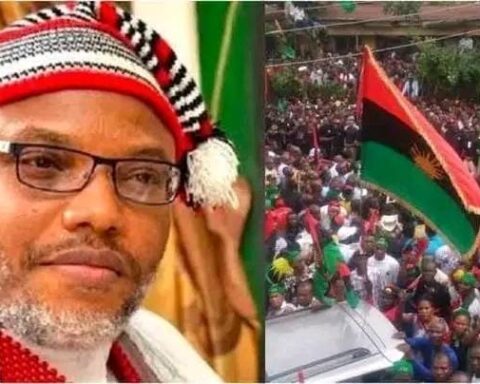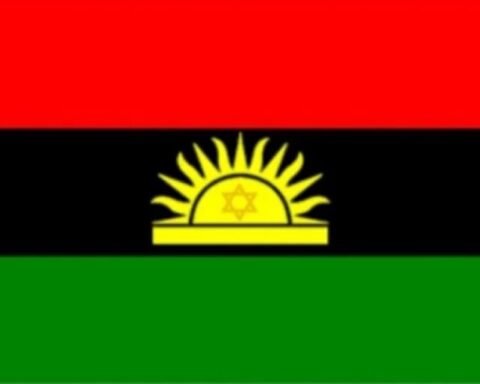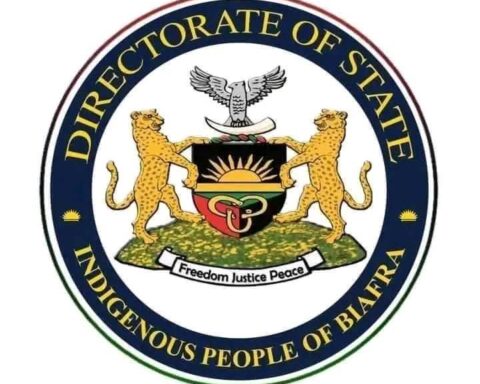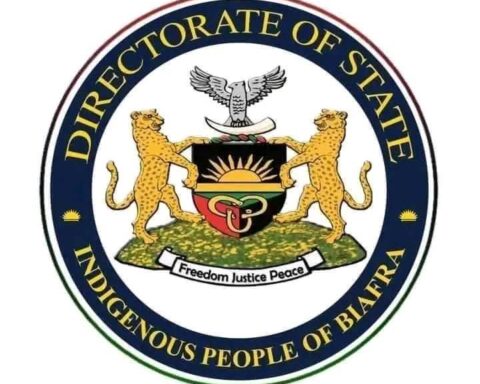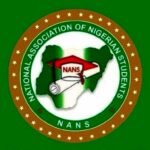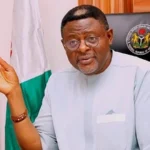By Adeyemi Adeleye
The Nigeria Security and Civil Defence Corps (NSCDC) has called for its inclusion in the Constitution and the establishment of an NSCDC Service Commission.
Mr Yusuff Ogunrinde (SAN) made the appeal at the South-West Zonal Public Hearing on the 1999 Constitution Review in Lagos.
Representing the Oyo State Command of the NSCDC, Ogunrinde also sought amendments to the NSCDC Act 2007 to align with constitutional changes and related matters.
On legal status, he explained the Corps currently operates under the NSCDC Act 2003, amended in 2007, which outlines its powers and responsibilities.
He said the absence of constitutional recognition leaves the Corps exposed to institutional instability and questions of operational legitimacy, unlike the Police or Armed Forces.
Ogunrinde advocated for the NSCDC’s inclusion in the Constitution of the Federal Republic of Nigeria to ensure legal backing and permanence.
He said constitutional recognition would provide legal certainty and strengthen public trust in the NSCDC’s authority and relevance.
He stressed that constitutional backing would offer a clear mandate for operations and improve funding and resource distribution to the Corps.
Ogunrinde added that such inclusion would ensure stability for the Corps regardless of government or leadership changes.
He noted that the Constitution and amendments would better define the Corps’ responsibilities and guide its operations nationwide.
He added that it would improve inter-agency collaboration, national security, accountability, civil defence, and alignment with global best practices.
Ogunrinde also called for the establishment of an NSCDC Service Commission to improve oversight, recruitment, promotions, and public confidence.
He recalled that the NSCDC originated from the Lagos Civil Defence Committee, formed during the 1967 civil war.
It became institutionalised with the NSCDC Act 2003, recognising the need for specialised civilian protection within Nigeria’s security architecture.
He said the Corps, under the Ministry of Interior, protects national infrastructure like oil, gas, power, and transport — essential to Nigeria’s economy and stability.
The Corps also regulates Private Guard Companies and has created specialised units to fulfil its responsibilities.
These units include the Agro Rangers, Safe School Initiative, Mine Marshal, and Emergency and Civil Defence Response Units.
Follow us on all social media platforms @dailyquery for news and analyses around the globe.
